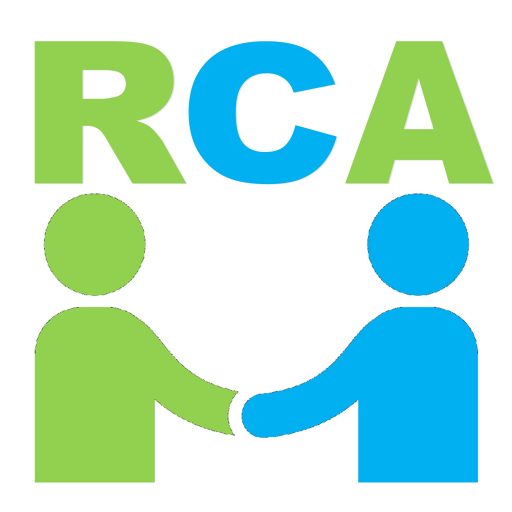Welcome to the Autism Spectrum Disorder training (ASD). This training module is aimed at disability support staff working in Residential Care with adolescents to provide an autism-informed approach to the care and need of their clients who may have Autism, Autism and Intellectual/Learning disabilities, or co-morbidities with mental health.
All participants can expect to develop the core knowledge to work successfully with young adults with autism and, in many cases, other complex needs, such as high levels of anxiety, difficulties with communication, challenging behaviour, trauma, social isolation, and poor family support. Services with a level of expertise in these areas have a much higher success rate in working with individuals with autism and supporting their families. The need for autism training has been identified as crucial to improving the quality of care for people with autism and necessary in reducing the high rate of breakdown of services with providers.
